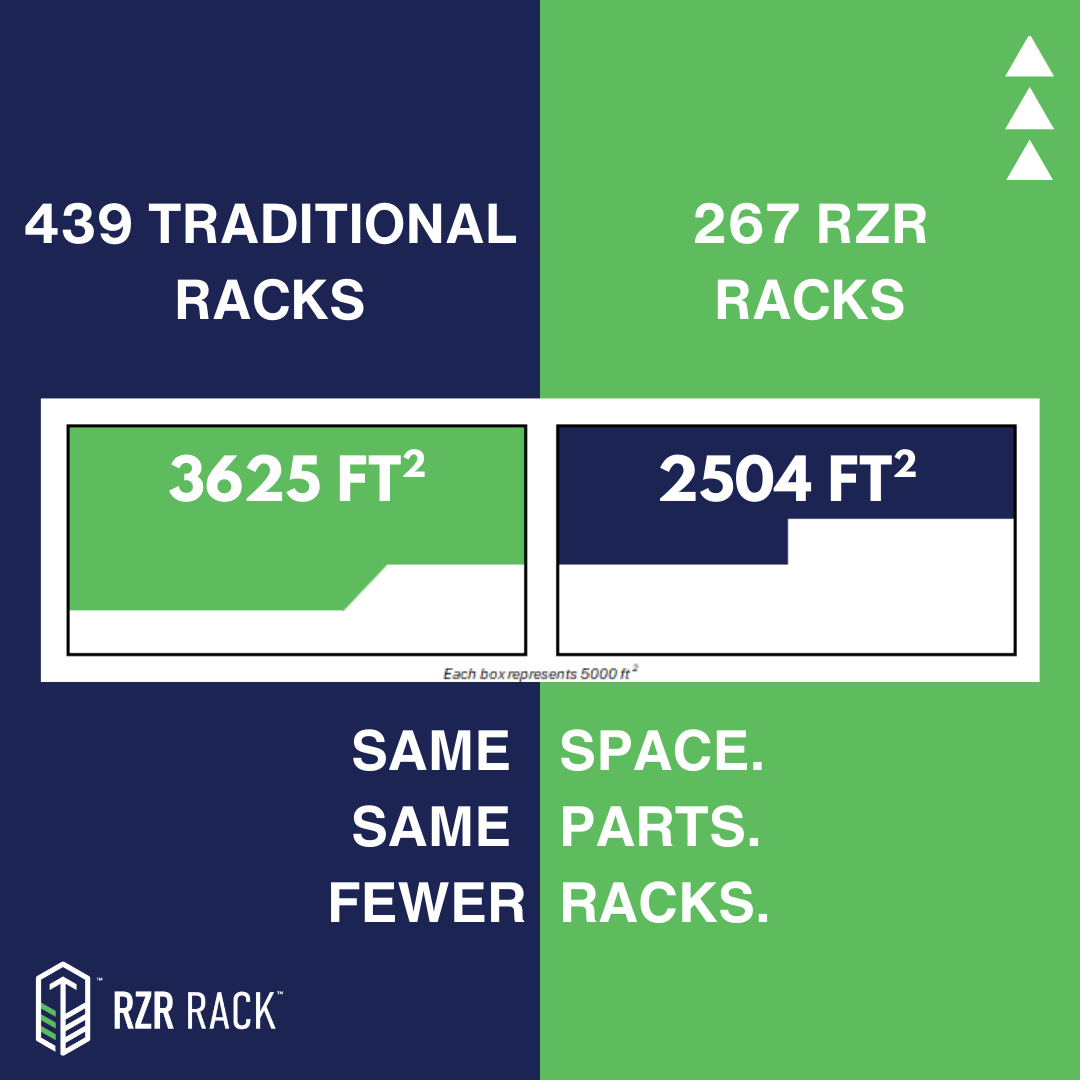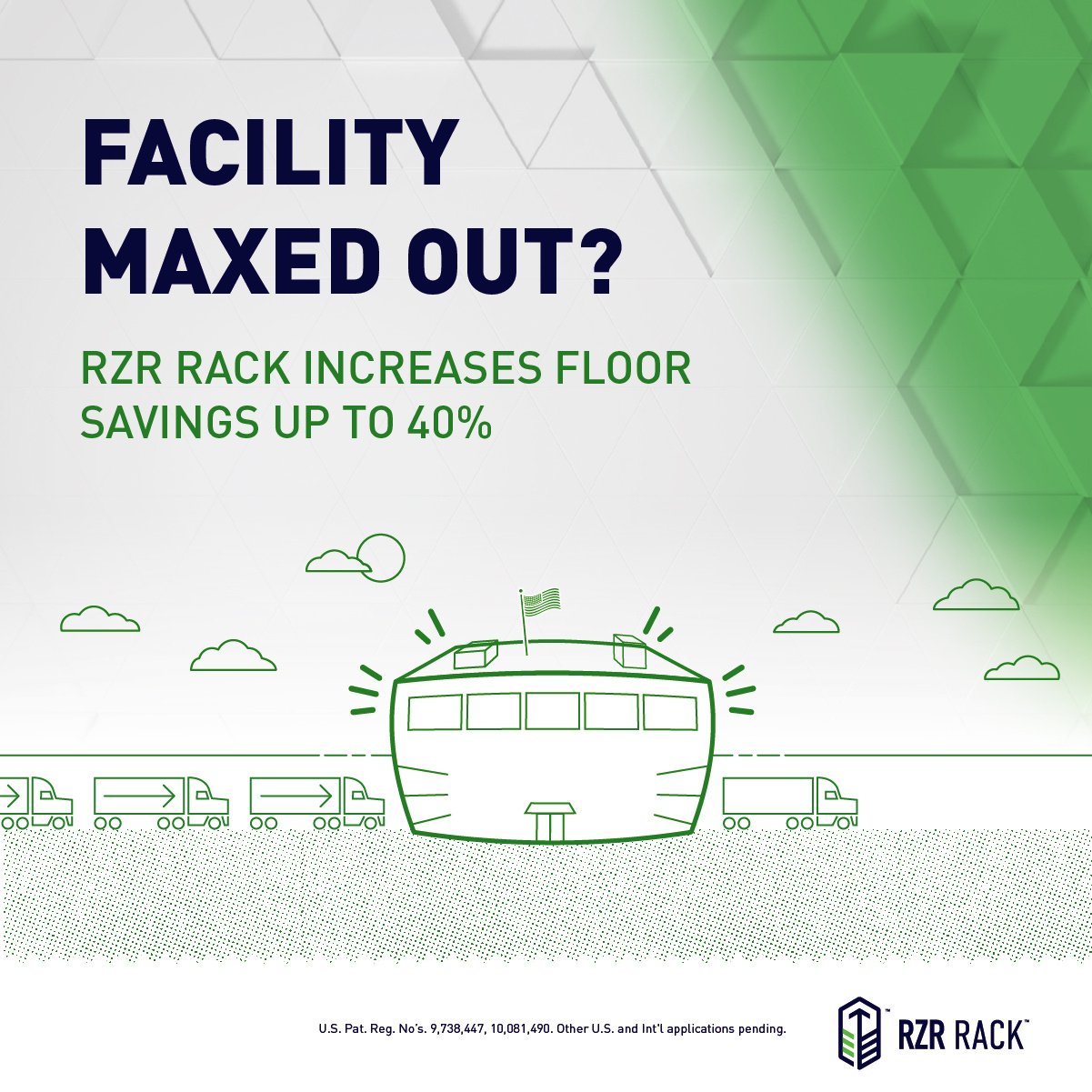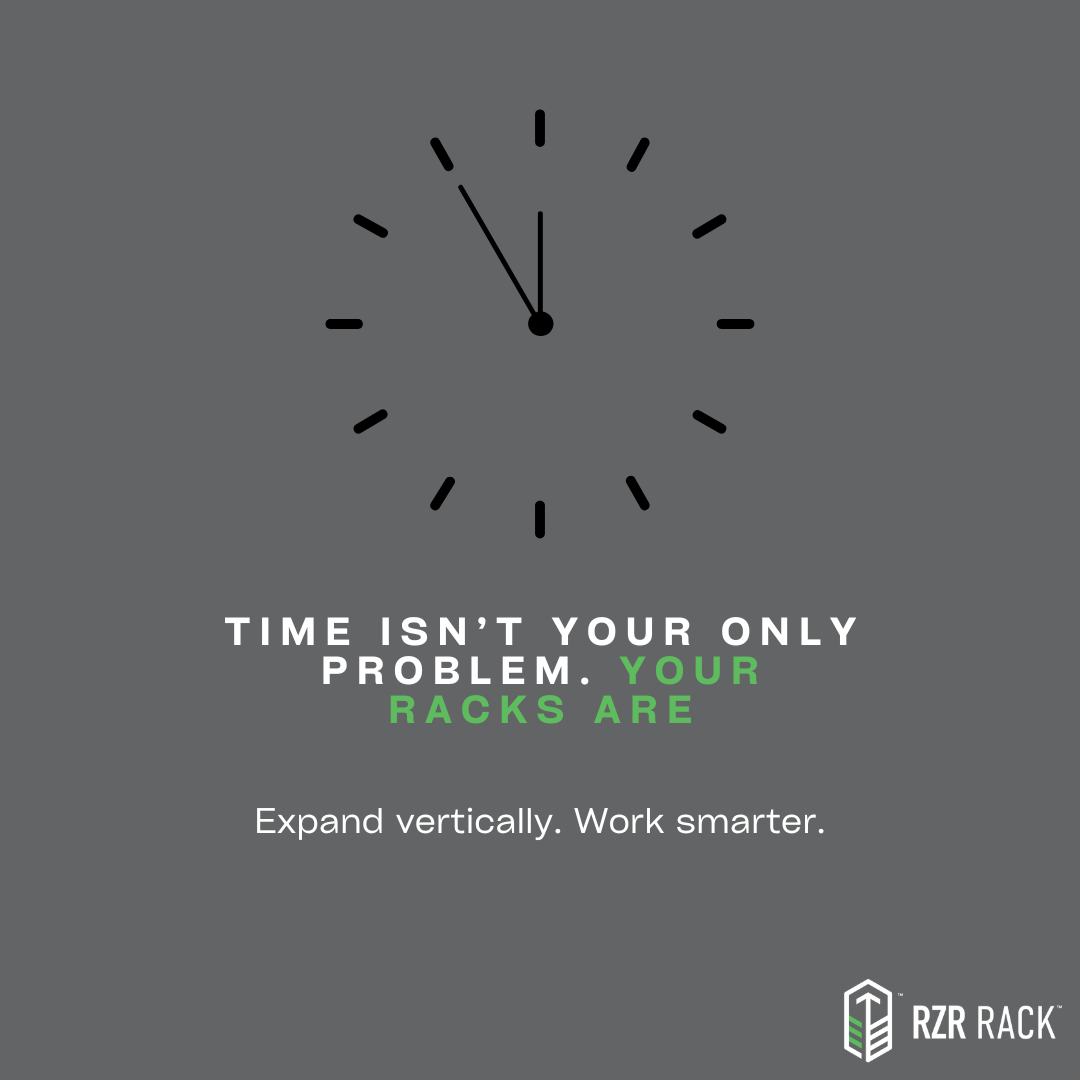Introduction
As global environmental concerns intensify, businesses and consumers are increasingly seeking sustainable alternatives to address the mounting issue of packaging waste. Returnable packaging emerges as a transformative solution that not only minimizes waste generation but also offers a range of benefits to businesses and the planet. In this blog post, we will delve into the crucial role of returnable packaging in reducing packaging waste and promoting a more sustainable future.
Embracing a Circular Economy
At the heart of returnable packaging lies the concept of a circular economy. Unlike traditional linear models of “take, make, dispose,” returnable packaging introduces a new approach that emphasizes reuse and regeneration. By opting for returnable containers that can be used multiple times, businesses actively participate in closing the loop and minimizing the environmental impact of packaging waste.
Eliminating Single-Use Packaging Waste
Single-use packaging materials contribute significantly to the global packaging waste crisis. From plastic bags to cardboard boxes, these materials often end up in landfills or polluting the environment. Returnable packaging eliminates the need for single-use materials, providing a sustainable and eco-friendly alternative that reduces waste at its source.
Reducing Carbon Footprint
The environmental impact of packaging waste extends beyond landfills. The production and transportation of single-use packaging materials result in significant carbon emissions. By embracing returnable packaging, businesses can significantly reduce their carbon footprint. The circular approach of returnable packaging minimizes the need for continuous manufacturing and transportation of new packaging materials, leading to lower emissions and a greener supply chain.
Optimal Resource Utilization
Returnable packaging leverages the power of resource efficiency. These containers are designed to be durable and long-lasting, using fewer resources over their extended lifecycle compared to single-use alternatives. By optimizing resource utilization, returnable packaging supports a more sustainable use of materials, contributing to the conservation of valuable resources.
Collaboration for Sustainable Change
The adoption of returnable packaging encourages collaboration within supply chains. Manufacturers, suppliers, and customers work together to establish efficient return and reuse systems. This collaborative effort fosters a sustainable culture, where all stakeholders actively participate in reducing packaging waste and promoting a circular economy.
Conclusion
Returnable packaging plays a pivotal role in reducing packaging waste and promoting sustainable practices across industries. From embracing a circular economy to eliminating single-use packaging materials, returnable packaging offers a transformative solution that benefits businesses and the environment alike. By reducing waste, minimizing carbon emissions, optimizing resource utilization, and fostering collaboration, returnable packaging leads the way towards a greener and more sustainable future.
As we strive for a more environmentally conscious world, let’s embrace the power of returnable packaging and take a step closer to a waste-free future. Together, we can make a meaningful impact and inspire positive change for generations to come.


